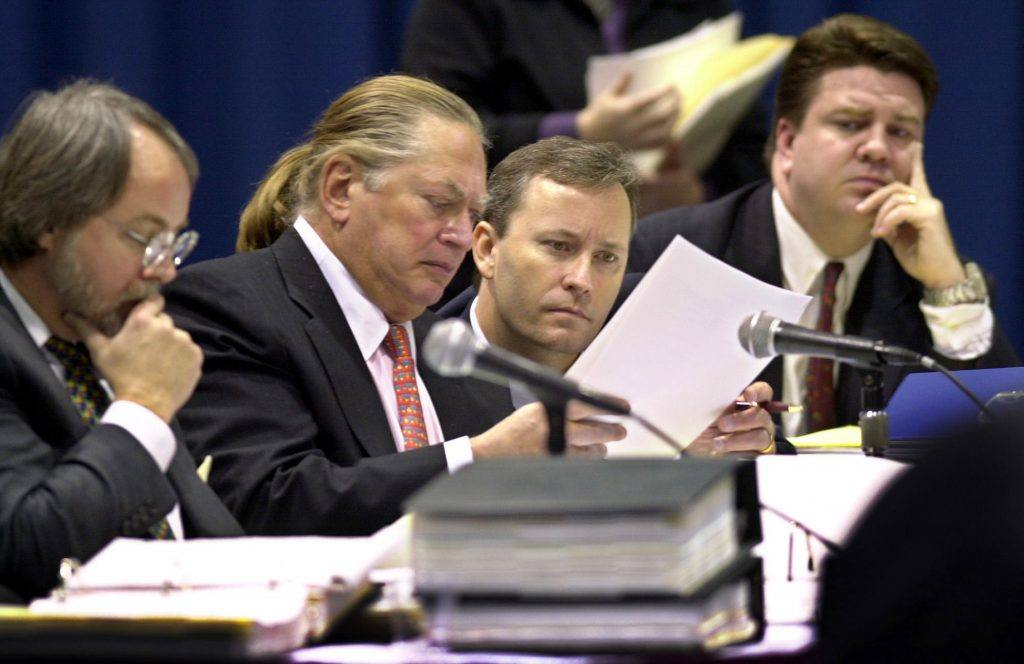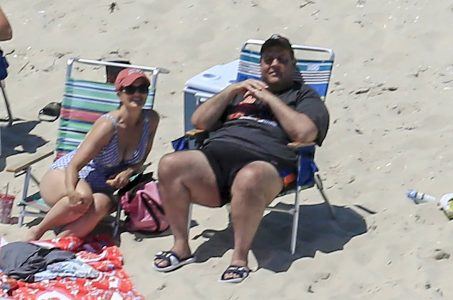Maine Casino Proposal Bankrolled by Offshore Firms Linked to Controversial Figure Shawn Scott
Posted on: April 30, 2017, 10:00h.
Last updated on: April 29, 2017, 09:14h.
A contentious campaign for a new casino in Maine, which has been added to the state ballot in November, was funded by a complex web of offshore companies linked to the controversial businessman Shawn Scott, new filings revealed this week.

Until these new disclosures, the only known contributor to the casino push had been the campaign committee known “Horseracing Jobs Fairness,” whose sole listed officer is one Lisa Scott, who, it has been revealed, is Shawn Scott’s sister.
She, and she alone, “officially” funded the $4.2 million signature-gathering campaign that attained the necessary quota to force the referendum.
Fined in Massachusetts
But the new documents, filed on Wednesday to the Maine Ethics Committee, reveal the money was in fact provided by network of corporations, linked to her brother, that had been kept hidden from officials until after the objective, the referendum, had been attained.
Perhaps with good reason. It’s the same network that tried and failed to get a slots parlor up and running in Massachusetts last year, and was fined for pulling similar a similar stunt.
Bridge Capital, a high-risk investment firm based on the Pacific island of Saipan in which Shawn Scott is a partner, received a $125,000 penalty from Massachusetts for concealing its involvement in the process.
Bridge Capital is not mentioned in the filings in Maine, but it shares a CEO with the main contributor to the campaign, Capital Seven, which is run by Shawn Scott.
In 2015 a gambling facility run by Bridge Capital was seized by the government of Laos following corruption charges.
Skewed Ballot Question
Horseracing Jobs Fairness has claimed the proposal to build a casino with 1,500 new slot machines in Penobscot County is designed to increase funding for the state’s embattled horseracing industry.
But the question forced onto the ballot is heavily weighted. It asks voters to decide whether the state should accept license applications only from “an entity that owned in 2003 at least 51 percent of an entity licensed to operate a commercial track in Penobscot County that conducted harness racing with pari-mutuel wagering on more than 25 days during calendar year 2002.”
The only “entity” on the planet that fits this very specific description is Shawn Scott. In 2003 he bankrolled a successful referendum to permit slot machines at the struggling Bangor Raceway, which he had purchased the previous year for just over $1 million.
Shortly after, the Maine Harness Racing Commission accused him of demonstrating “sloppy, if not irresponsible financial management” and noted he had 37 lawsuits against him in four states. He later sold the Bangor raceway and all its recently installed slot machines for a $50 million profit.
Maine’s Veterans and Legal Affairs Committee co-chairman Garrett Mason told Maine Public this week the ballot campaign “stinks” and is “corrupt.”
“We knew something was wrong with them. The committee knew that in its questioning … and I think the organizers are starting to figure out that we’re on to them,” he added.
Related News Articles
MGM Japan to Open in 2025, CEO Jim Murren Hints
Most Popular
FTC: Casino Resort Fees Must Be Included in Upfront Hotel Rates
Genovese Capo Sentenced for Illegal Gambling on Long Island
NBA Referees Expose Sports Betting Abuse Following Steve Kerr Meltdown
UPDATE: Former Resorts World & MGM Grand Prez Loses Gaming License
Most Commented
-
UPDATE: Whiskey Pete’s Casino Near Las Vegas Closes
— December 20, 2024 — 30 Comments -
Caesars Virginia in Danville Now Accepting Hotel Room Reservations
— November 27, 2024 — 9 Comments -
UPDATE: Former Resorts World & MGM Grand Prez Loses Gaming License
— December 19, 2024 — 8 Comments -
FTC: Casino Resort Fees Must Be Included in Upfront Hotel Rates
— December 17, 2024 — 7 Comments
















No comments yet